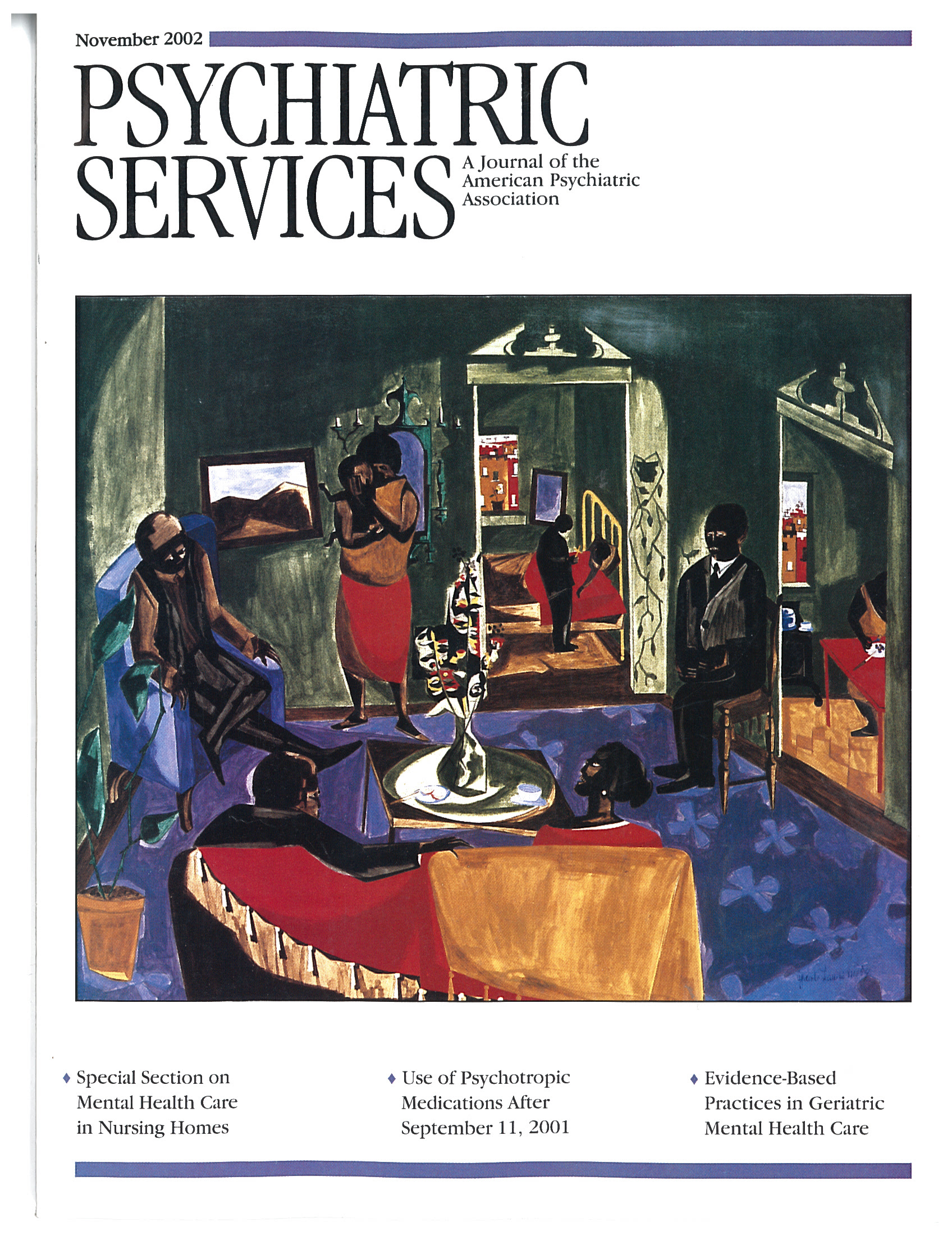Three books on family therapy are reviewed here. The authors of the first book—Clinical Practice With Families: Supporting Creativity and Competence—are distinguished teachers and practitioners of social work. Their book is addressed primarily to social workers as a text in family therapy.
The book is distinguished by a decidedly eclectic theoretical approach, which combines and interweaves the basic tenets and ideas of many different scholars in the field; no major theoretical approach is disregarded. All the authors feel; all have a specific value. Their work has a decided ipsative quality: it teaches that all families are unique, that each family must be understood in terms of its own individuality, and that families are as different as fingerprints. There is an excellent section on the development of individuals in families and another complementary section on the role of "traditions" in individual and family development.
Clinical Practice With Families is well written and is admirably free of jargon. The clinical examples are excellent, and the book would serve well as a basic text for social work students. I was impressed, also, by the authors' insightful focus on the nature, role, and function of "boundaries."
If I may be permitted one criticism—and it is certainly not a disqualifying one—it would be that in a book like this, which stresses a collaborative team approach, more time could have been spent informing readers of the unique contributions to a family therapy treatment team that can be made by psychologists, physicians, psychiatrists, nurse practitioners, pastoral counselors, and others, all working in an interdisciplinary effort. Still, this is an excellent book, one that fills a basic need.
The second book, Family Therapy and Mental Health: Innovations in Theory and Practice, is one of the better and more useful books on family therapy that I have reviewed in several years. Its editor, Malcolm M. MacFarlane, is a self-described "frontline mental health therapist in an adult outpatient community mental health center attached to a rural hospital [who works] closely and collaboratively with…psychiatrists, as well as within a broad mental health system." The book is of, by, and for practitioners who "work in the trenches."
The book is divided into four sections with a total of 15 chapters, 11 of which focus on "traditional populations"—for example, patients with schizophrenia, suicidal patients, persons with chronic mental illness, and patients with borderline personality disorder, depression, or obsessive-compulsive disorder. Other chapters include a historical overview, a description of work in a "walk-in" mental health center, and a chapter on "a feminist family systems approach."
I found it very helpful and useful that all the chapters deal with the real-world problems and structures that clinicians face daily. The emphasis is on working effectively, collaboratively, and constructively in interdisciplinary settings with family therapists using a wide variety of theoretical and treatment approaches: psychiatrists, other physicians, cognitive-behavioral and psychodynamic individual therapists, and family therapists with widely different training backgrounds, with patients from all walks of life.
I was surprised to find that, given the large number of contributors (a total of 26), the chapters fit neatly together to make a beautifully organized whole, which speaks for an excellent editing job by MacFarlane.
Finally, Lynn Hoffman, the author of Family Therapy: An Intimate History, is an eminent scholar, theorist, teacher, and practitioner of family therapy who has been prominent in the field since the 1960s. She has written a fascinating, unique book, quite unlike anything else I have encountered in the field.
An Intimate History is an apt title for the book. Hoffman has been intimately involved in family therapy virtually since its inception and seems to have met, interacted with, and worked or studied with almost everyone of name, as well as many whose names are not well known outside of a limited circle. She is acquainted with contemporary cutting-edge influences in sociology, anthropology, psychiatry, psychology, feminist studies, linguistics, and philosophy as well as family therapy, and she has remarkable, astute insights into how these fields have cross-fertilized each other. She is keenly attuned to the cross currents in contemporary life in the United States and in other countries and to how they have influenced scholarship in what may be very broadly termed the social sciences.
This book is an account of Hoffman's personal life as well as her professional life, of her personal and professional education and development. In a most engaging and remarkable way, in telling us of her own personal growth and development, Hoffman almost of necessity tells us of the growth and development of family therapy in all of its rich, interwoven complexity and of all its individual strands coming together to make a kind of beautiful academic oriental carpet. If I tried to describe the book chapter by chapter, I could not do it justice—it has to be read in its entirety. Buy this book.

